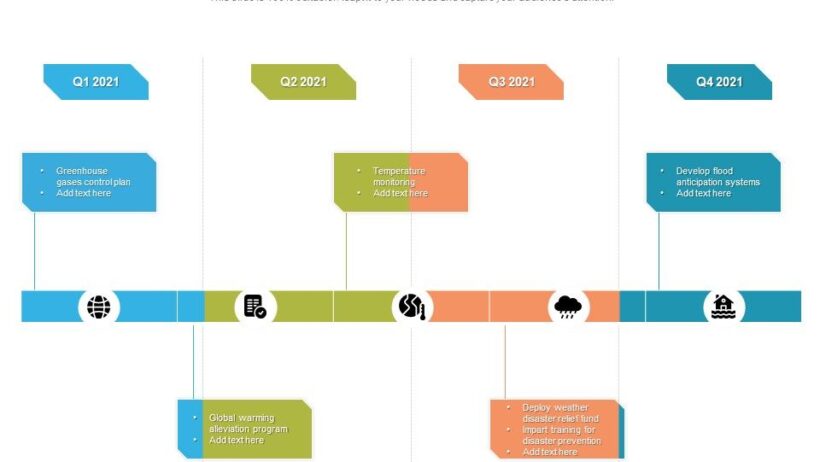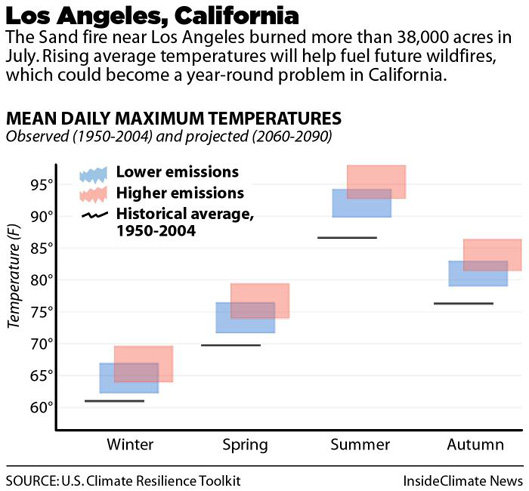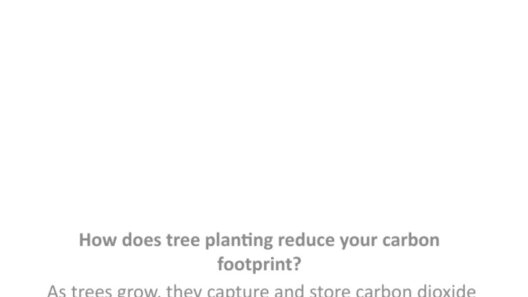Global warming poses a significant threat to our planet, yet as individuals, we wield immense power to catalyze change. The fight against climate change is not solely the responsibility of governments or corporations; rather, it is a collective endeavor that requires participation from each one of us. This roadmap endeavors to outline practical actions that will facilitate a meaningful contribution toward reversing global warming—actions that align with a sustainable lifestyle while piquing curiosity about the intricate relationship between our choices and the environment.
To embark on this journey, we first need to comprehend the fundamental causes of global warming. At its core, it results from the accumulation of greenhouse gases (GHGs) in our atmosphere, primarily carbon dioxide (CO2), methane (CH4), and nitrous oxide (N2O). These gases trap heat, causing global temperatures to rise and leading to erratic weather patterns, rising sea levels, and ecological imbalances. Understanding this nexus of cause and effect prompts us to question: what can I, as an everyday person, do to mitigate these emissions?
One of the foremost strategies involves reducing our carbon footprint, which reflects the total amount of greenhouse gases we emit, either directly or indirectly. A practical approach to achieving this is by critically evaluating our transportation choices. The transportation sector is a major contributor to GHG emissions, primarily through the reliance on fossil fuels. Opting for public transportation, carpooling, biking, or walking can significantly diminish individual emissions. Additionally, when possible, consider electric vehicles or hybrids, which are less carbon-intensive and represent a step toward a more sustainable future.
Next, we pivot to energy consumption in our homes. This aspect plays a pivotal role in combating global warming. A substantial portion of GHG emissions emanates from electricity generation and heating. By adopting energy-efficient appliances and integrating renewable energy sources, such as solar panels, we can greatly diminish our reliance on fossil fuels. Moreover, undertaking simple actions—like switching off lights when leaving a room, using energy-efficient LED bulbs, and insulating our homes—can contribute notable reductions in energy consumption.
Another critical area to explore is our dietary choices. The food industry is a significant contributor to climate change, and how we eat can either exacerbate or alleviate this crisis. Reducing meat and dairy consumption, especially from industrialized farming practices, is highly impactful. This shift towards a more plant-based diet not only curbs emissions from livestock (which produce methane) but also conserves water and land resources. Engaging with local farmers and supporting organic, sustainable agriculture further enhances this endeavor. These alternatives promote biodiversity and minimize the need for environmentally damaging practices such as monoculture farming.
Waste management is another crucial vector for individual impact. Landfills are notorious for emitting methane, a potent greenhouse gas. Therefore, adopting a zero-waste lifestyle can play a transformative role in reducing waste footprint. By practicing the principles of reduce, reuse, and recycle, we can significantly decrease waste generation. Composting organic materials is another effective way to divert waste from landfills while enriching soil health. Moreover, supporting companies that prioritize eco-friendly packaging can drive the demand for sustainable practices, influencing broader market behaviors.
In addition, cultivating awareness and education about climate change is imperative. Engaging in dialogues with friends, family, or local communities about the importance of sustainability can stimulate collective action. Organizing community clean-ups, tree planting events, or educational workshops fosters a sense of accountability and investment in our local environments. The ripple effect of such initiatives often transcends individual efforts, driving a culture of sustainability and environmental stewardship that reverberates through communities.
Furthermore, consider your financial choices. Divesting from companies that rely heavily on fossil fuels and investing in sustainable businesses can significantly influence market dynamics. Support for green initiatives and sustainable startups can catalyze innovation and drive progress toward more sustainable practices. Using your purchasing power to support ethical consumerism does not merely enhance personal satisfaction; it contributes to a larger movement toward corporate responsibility for environmental health.
Engaging with policy initiatives at local, national, and global levels represents another formidable avenue for individuals to impact climate change. While individual actions are crucial, systemic change is equally important. Advocate for policies that promote clean energy, protect natural habitats, and support climate resilience initiatives. Contact your representatives, participate in public forums, and join organized movements to amplify your voice. Collective advocacy can spur significant governmental action, leading to impactful policies that combat climate change comprehensively.
Finally, fostering a mindset that prioritizes sustainability in our daily lives can revolutionize our interactions with the world around us. Approaching consumption with a critical lens, questioning the need for particular products, and considering the environmental ramifications of our actions become integral to our identity. This paradigm shift not only shifts personal behavior but can inspire others to ponder their choices and their impact on the planet.
By adopting these multifaceted strategies, we commence a transformative journey toward reversing global warming. It is a pathway marked by individual responsibility, community engagement, and unwavering determination. While the challenges are vast, they are not insurmountable. Through commitment, education, and collective action, we can forge a sustainable future and restore the equilibrium of our planet. Our actions, no matter how small, possess the potential to catalyze monumental change. Together, let us become stewards of our environment, ensuring a viable and thriving Earth for generations to come.








